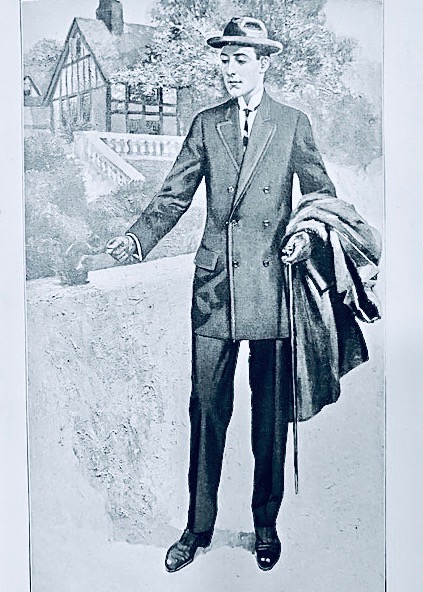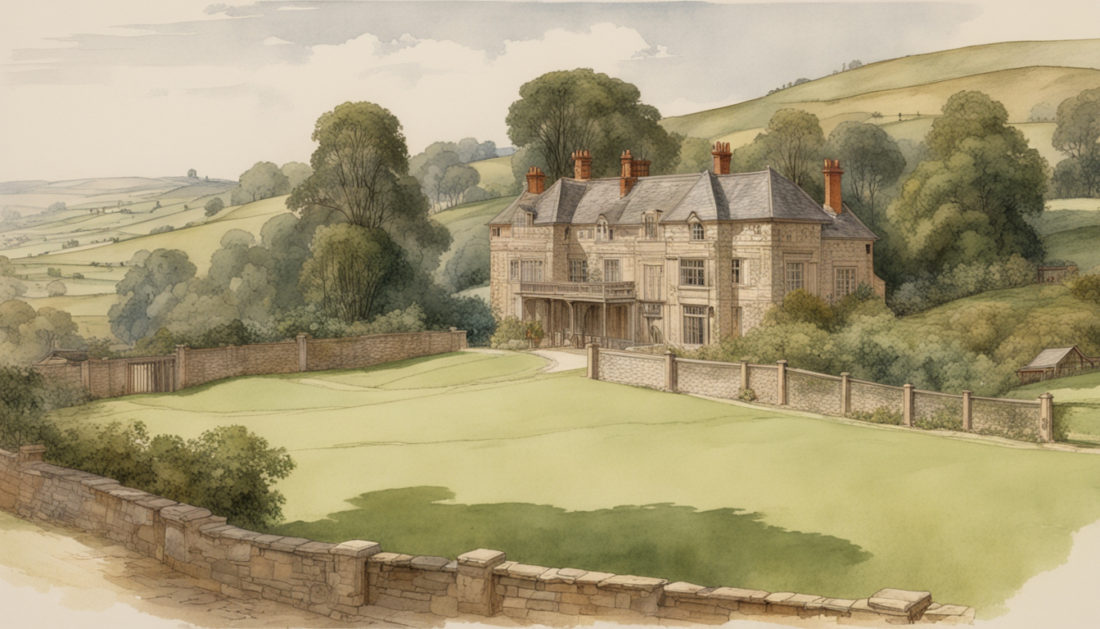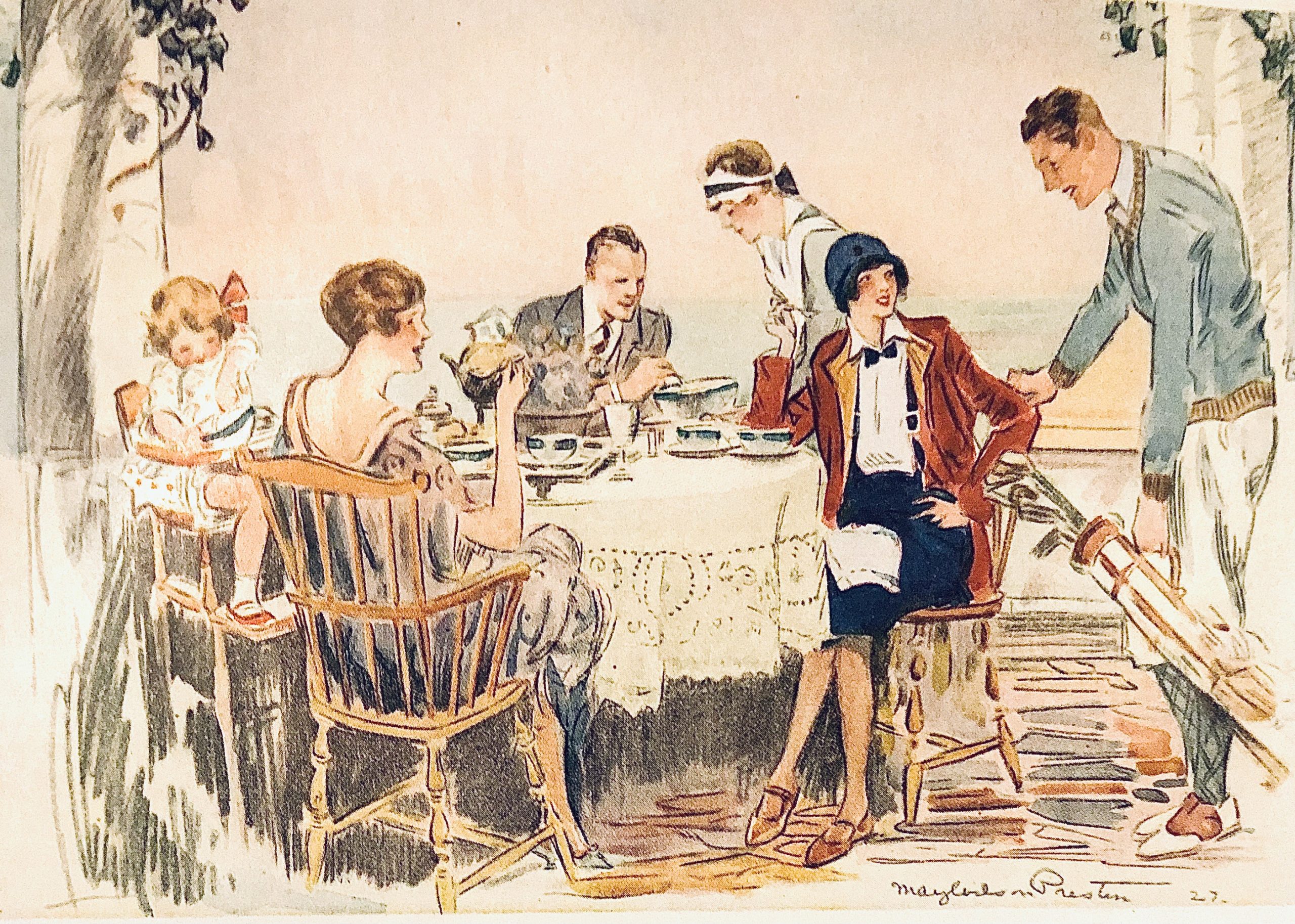I want to talk about the people who populated the grand Victorian and Edwardian home, but first I need to mention the staff who always seem to go missing in period dramas.
If you had owned a country house during the Victorian or Edwardian periods, you would have first and foremost hired a Land Steward or Land Agent. A land steward is responsible for managing farm land, collecting rents from tenants, settling tenant disputes, even acting as the defacto local lawman in small criminal cases. The steward makes all the decisions which are associated with making a country house profitable. He hires the people who take care of the gardens, do the husbandry, run the dairy, etc. This person is not a servant, he, (and now often she) would be a highly educated professional and extremely well paid. Land management was and still is, a university subject. The Land Steward would also be given a private house on the estate. This was a real position of respect, often considered a higher status figure than even the family lawyer. In the Victorian and Edwardian eras, this was a good position for young educated gentlemen who’d come down in the world. The Land Steward allowed the owners of a country home to keep themselves apart from the actual work of running a large estate.
Two notable times this occupation have been featured as a plot point in a period drama has been in Downton Abbey where the Land Agent Jarvis is so unable to change with the times he quits and in the television version of the Agatha Christie mystery, Death On The Nile. In the series Poirot, Jacqueline de Bellefort introduces her penniless, but educated fiancée to the rich heiress Linnet Doyle in hopes that she will make him her Land Agent. Bad move for everyone involved.
Now-a-days there are still Land Stewards/Agents, but the terms have become muddled. You may hear of Land Agents who are more like realtors and others who are more in the vein of property speculators. There is a very good interview with a modern Land Agent, James Bowie, on YouTube if you want to hear how the traditional job operates today.

The next most important person, whom you rarely see, (indeed I can’t think of a single time I’ve seen one before) in a movie or series, is the House Steward. While the Land Steward handles the property surrounding the house, the House Steward handles the running of the actual household. He is responsible for hiring and firing the household staff, (except for the personal servants such as the Valet, Lady’s Maids and Nurses). The House Steward was also tasked with paying the staff salaries and the family’s bills. A house steward made sure that everything needed to run a house was purchased, paid debts and sometimes collected monies from the re-sale of food. He would sometimes be asked to procure odd or unusual things. This man likely would likely be a lawyer and again, is not a servant. Handling the banking for a wealthy family was, by necessity, a trusted position and required a man with a spotless character. Depending how many houses a family owned this could be a very lucrative position. The House Steward also allowed the upstairs family to distance themselves from any scandalous behavior found below stairs and to place an additional layer between themselves and the grubbiness of dealing with money. He had his own sitting room and wore a suit rather than a livery. Once again, this was not a servant and might expect a private house on the estate. This role seems to be taken up by the butler in most books and films, and in a small house the butler might perform some of these duties, but a large house would have wanted someone separate from the servants to handle complex financial dealings.
Next time in Staffing we’ll begin to look at the main indoor House Staff of a large country seat. Sending you much love, Cheri



